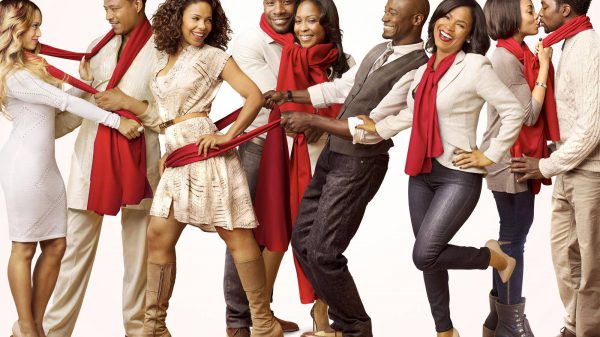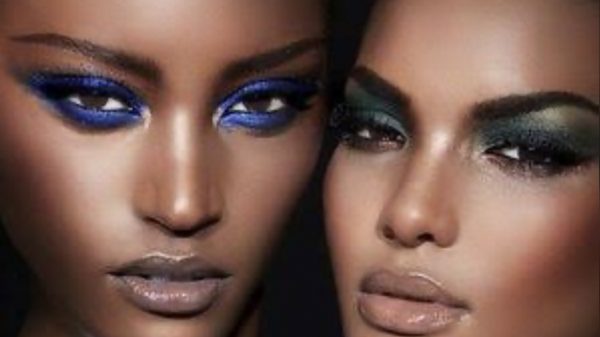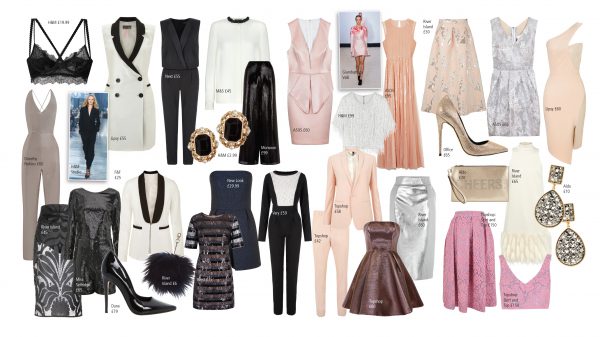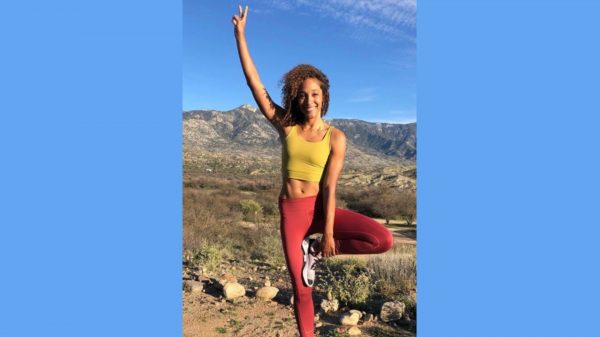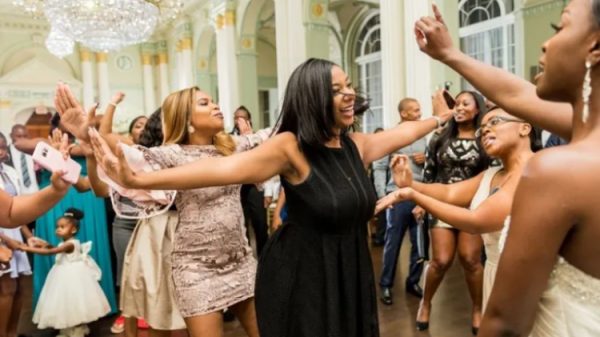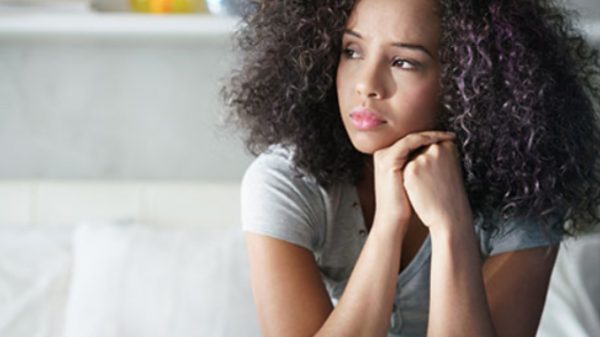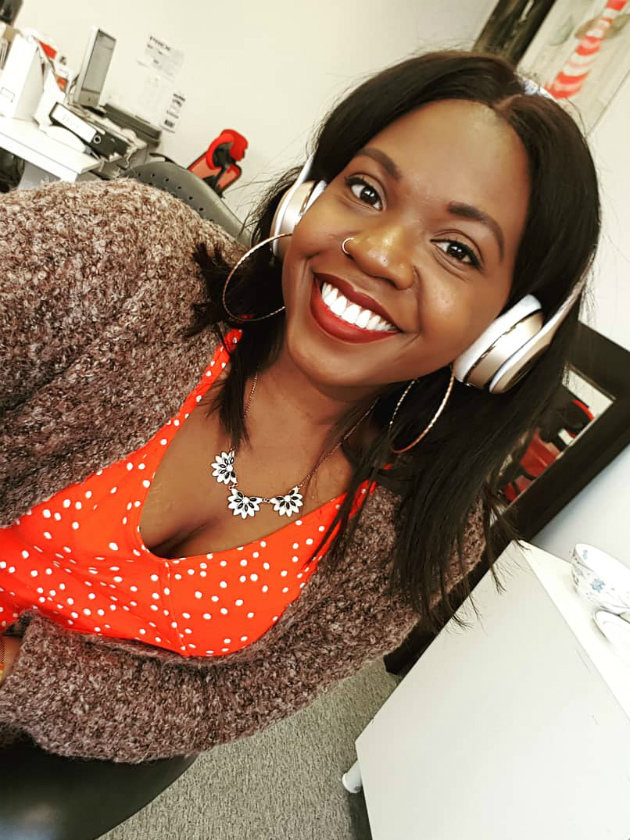Jordan Peele’s new film, Us, has been a great success on both sides of the Atlantic, and looks to be the thing that’ll finally get Lupita Nyong’o the acting opportunities she deserves. However, Entertainment and Features Editor Nicole Vassell was impressed for plenty of other reasons too…
Ever since the trailer for Us hit the internet on 25th December 2018, interrupting Christmas celebrations with its magnetic creepiness, the buzz for Jordan Peele’s second film has been a favourite topic of the internet. With the film being the follow-up to Oscar-winning 2016 film Get Out, fans of Peele and the horror genre at large have been excited to see what he’d do next, and just how chilling he’d make the story this time around.
As much as I enjoyed Get Out, when Us was released last month, I’ll admit that I was anxious to watch – my scaredy-cat side battled with the part of me that hates missing out on whatever the wider culture is fervently discussing. The fear of missing out unsurprisingly came out on top, and I buckled in for two hours of clever terror.
Leaving the film, I was satisfied. To save anyone who’s yet to watch the film from spoilers, I won’t go into depth about the plot, or anything to look out for – apart from the reminder that Lupita Nyong’o is one of the most impressive actresses of our time, of course. But in terms of the feelings the film conjured up, Us was refreshing. On one level, the fact that the story centres around a black, dark-skinned family, The Wilsons, played by Lupita Nyong’o, Winston Duke, Shahadi Wright Joseph and Evan Alex, was so satisfying to see. When it comes to the topic of representation, I can, I have, and I will talk until the cows come home about how important it is to see visions of yourself in the media you consume. However, seeing the Wilsons banter together, before uniting against their predators, was really touching, because it gave a rare look into an everyday family reacting to the weird world around them – and they happened to be black!
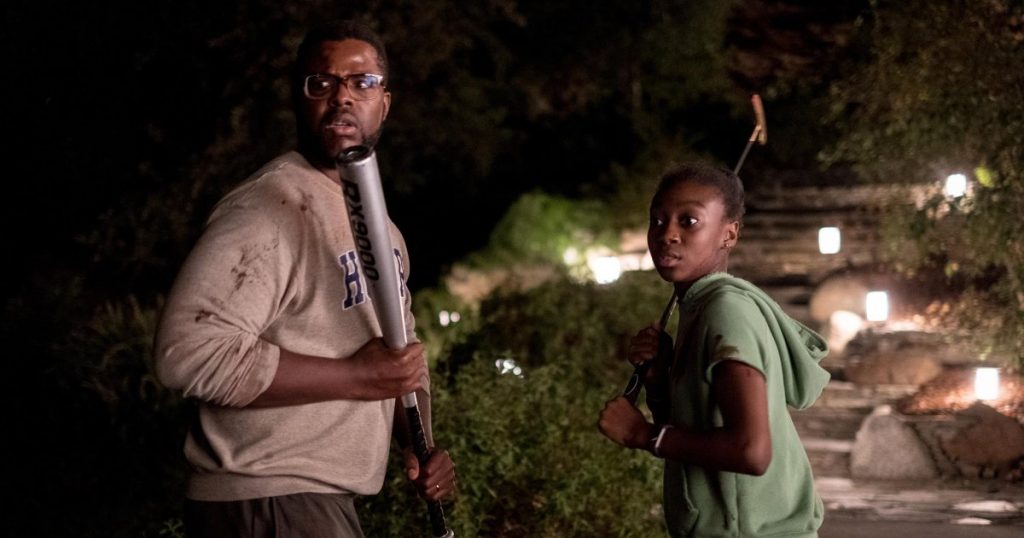
The Wilsons look a little like my family growing up – or, perhaps, the family I could have in the future. And just like the experiences of myself, and plenty of others I know, the fact that they were black was not a consideration in everything they did. Moreover, I soon realised that no matter how many times I was surprised by a jump cut, or a sudden loud noise, something that I hadn’t feared throughout the film was that the characters would get terrorised for a reason purely motivated by the fact that they are black.
It was so remarkable to watch a film where racism wasn’t the prevailing threat; societal injustice or discrimination wasn’t going to be the thing that made me shield my eyes, or make me walk away with a feeling of rage, slightly subdued by its familiarity. By placing these characters in extraordinary circumstances that transcend demographics, Jordan Peele was able to show black people as simply people, without the constant reminder of limiting societal structures.
How funny that a horror film about having disturbed versions of ourselves roaming the earth functions as a refreshing escape from the messiness of racial discourse?
So consider this the start of my campaign to see more black people in horror movies – and not just as a touch of colour in a fright fest that ends up eliminating the black one first. I mean, heading the project up and making their characters victims, villains and heroes without their race and culture having to be something to consider in their fate.
To any filmmakers reading: the time is now – give us more things that centre us, without putting our race as something to be a cause of fright or stress. We deserve to battle zombies, run from ghouls and destroy the unknown just as much as anyone else!










